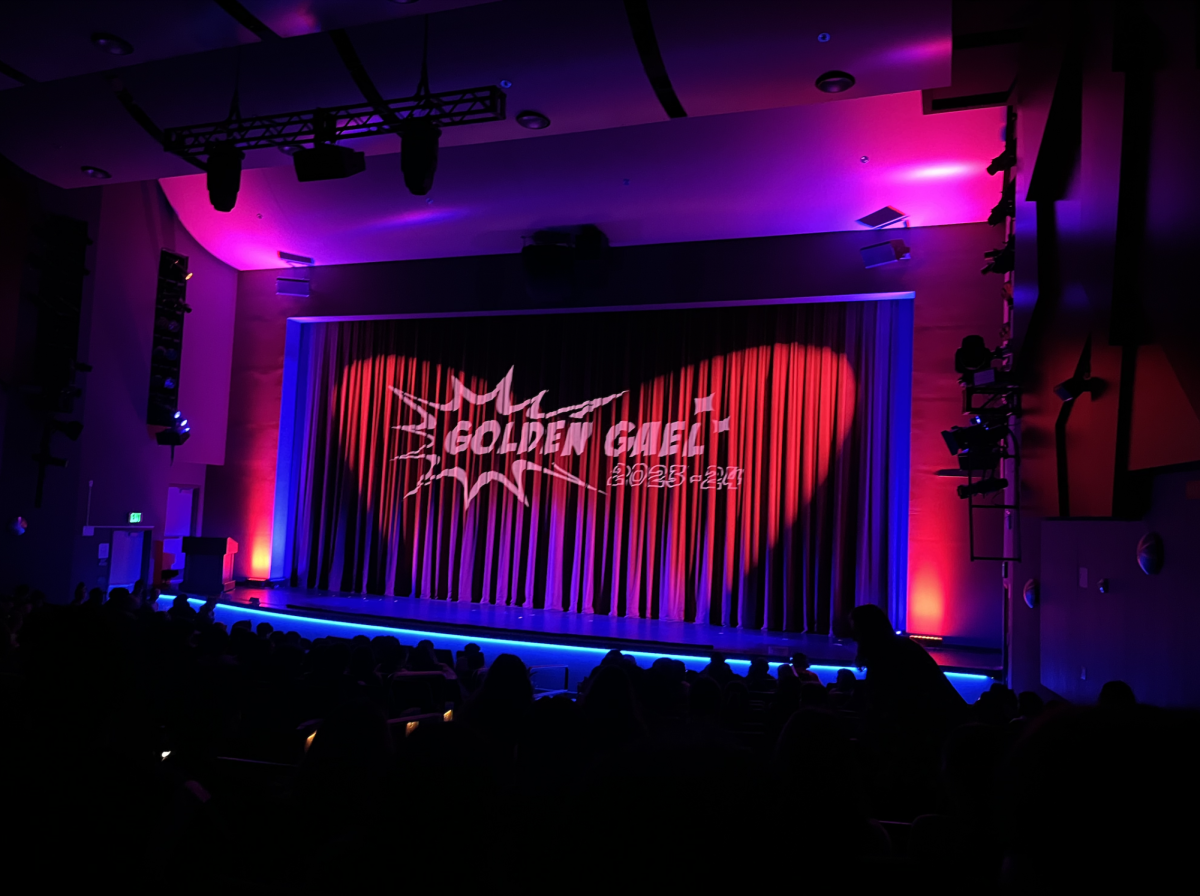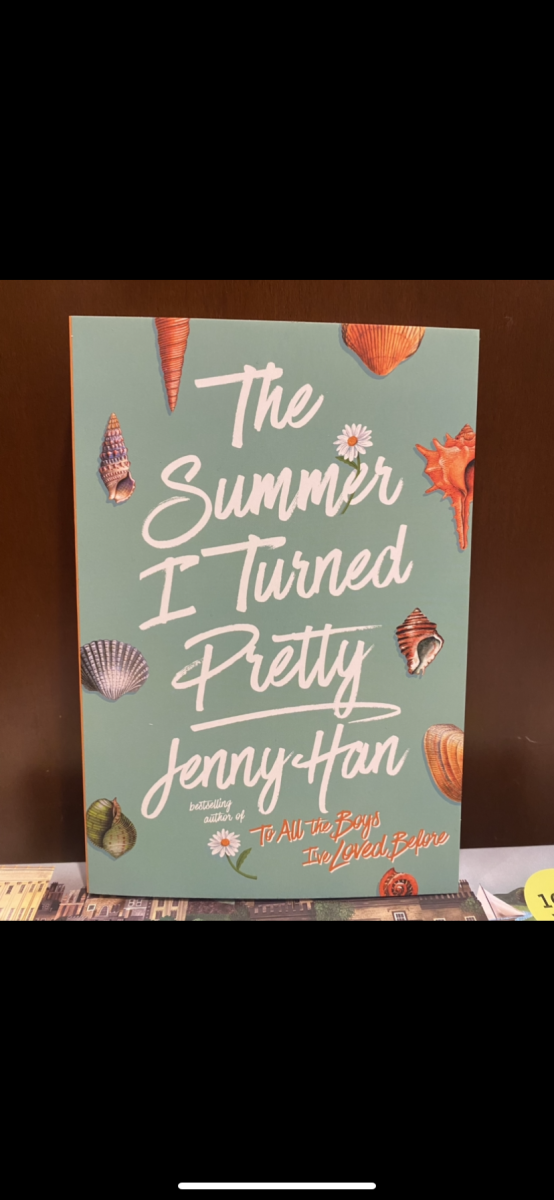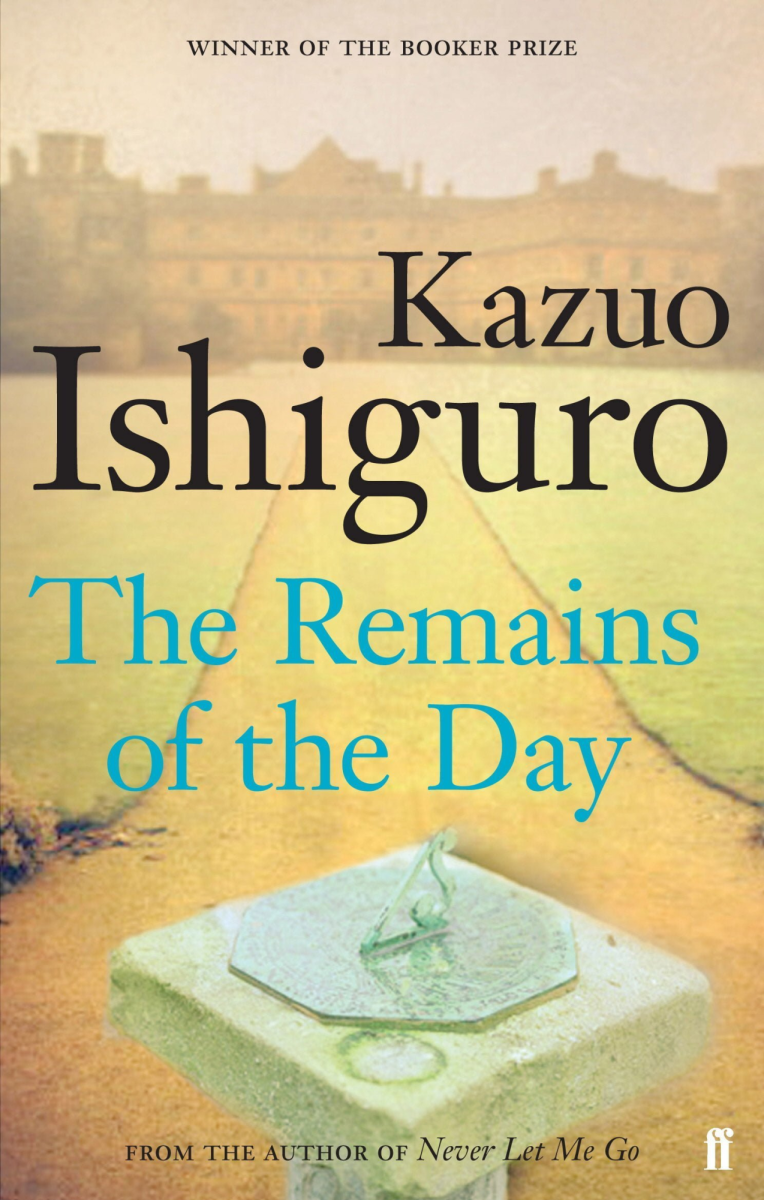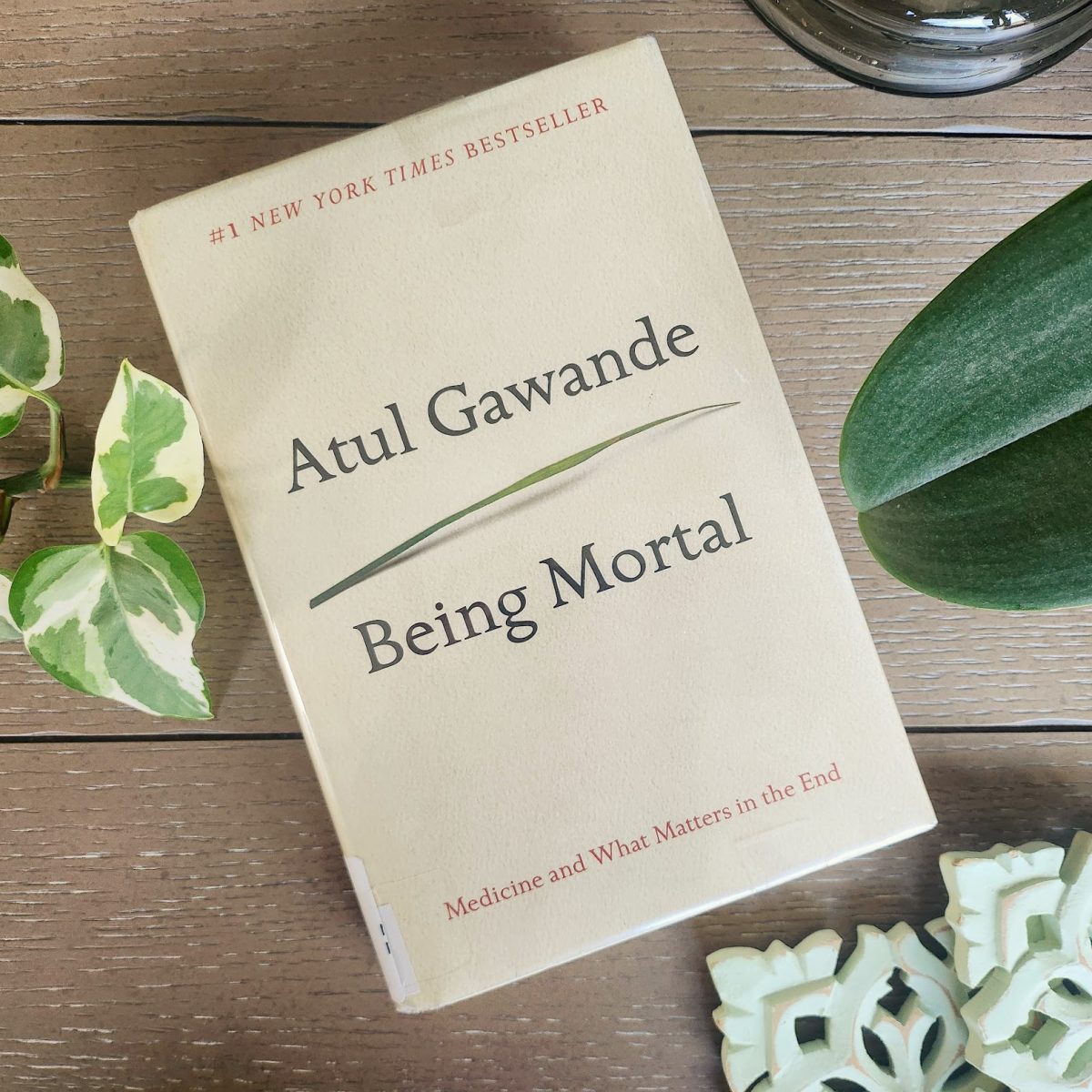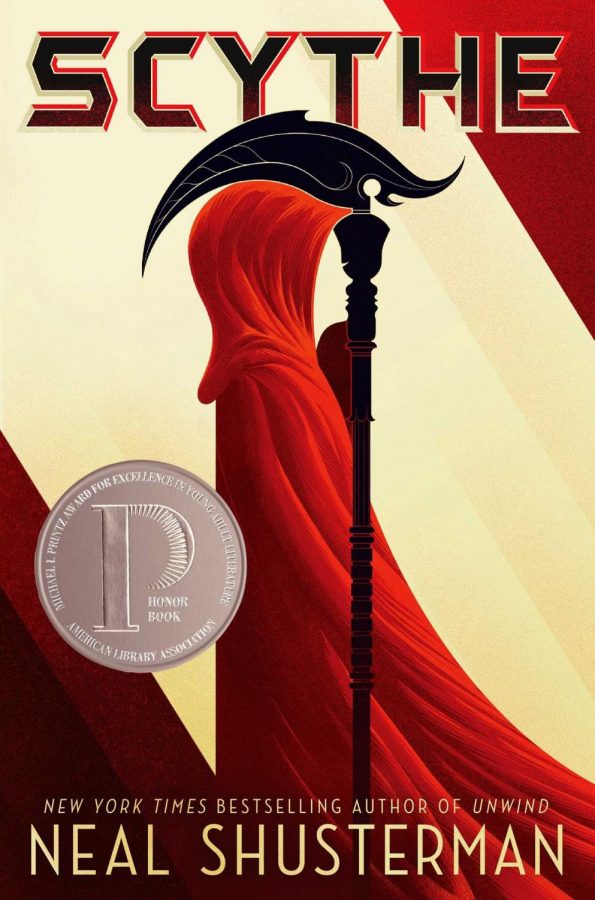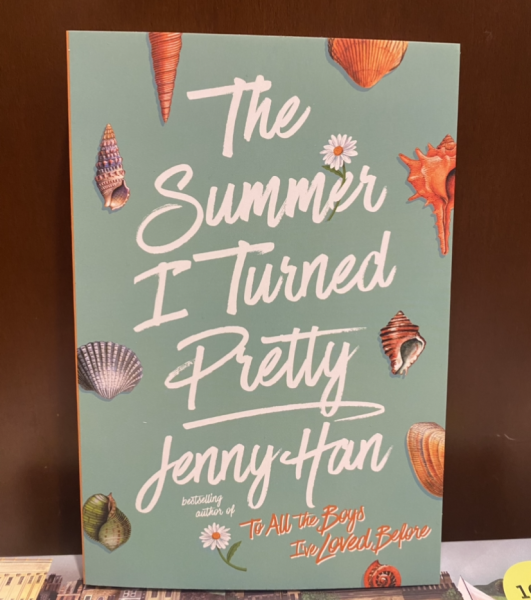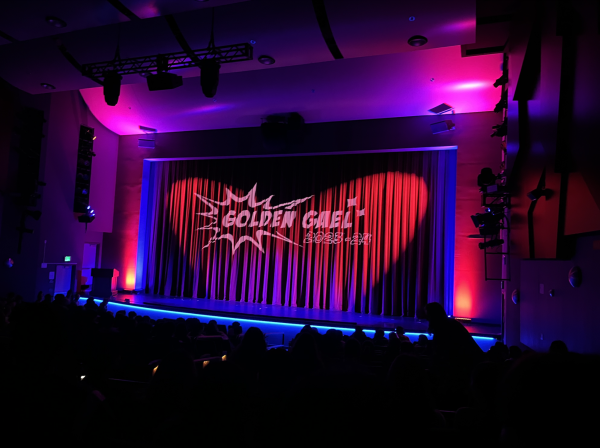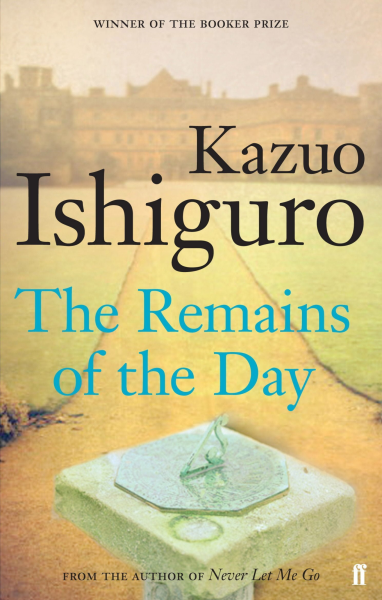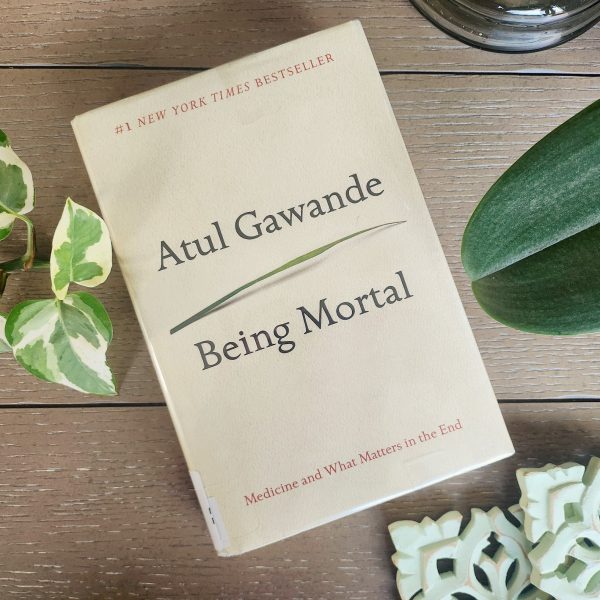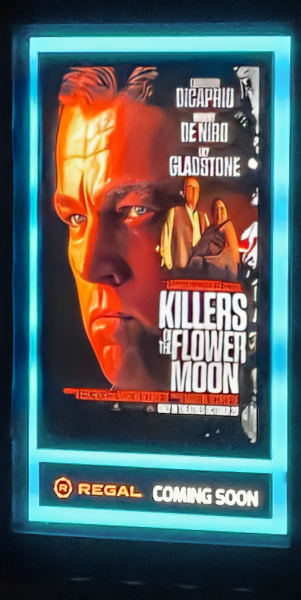Scythe: Another Dystopian Novel, But This Time With Purpose
The premise of Scythe is a simple one. The dystopian novel by Neal Shusterman explores a distant future where life is seemingly perfect. Ruled by a sympathetic, powerful, and all-knowing technological entity called the Thunderhead, the world is devoid of religion, politics, war, and crime. Even death has become a laughable relic of the mortal age — instead of dying, people are simply rendered “deadish” before being rushed to the hospital and quickly revived.
Like all dystopian novels, there is a catch.
In order to manage the size of the population, a group of people is tasked with the duty of killing, or “gleaning”, a certain amount of individuals every year. These people, the scythes, are typically chosen for their wisdom, compassion, and intelligence. Enter: Rowan Damisch and Citra Terranova, two teenagers chosen to become scythe apprentices. Scythe follows Rowan and Citra as they navigate the strange laws and attitudes of the scythedom, complete their training, and are forced to compete with one another for a position that neither wants.
Scythe is distinguishable from other dystopian novels in its sheer quality. From the characterization of Citra and Rowan, two citizens who are reluctant to become instruments of death and feared social outcasts, to the rich description and worldbuilding at the heart of the novel, Scythe is remarkably engaging every step of the way. Even the less engaging storylines, like the rather tiresome romance between the two protagonists, take abrupt and delightful twists and entirely unexpected turns.
One of the greatest achievements of the novel is that the conflicts, while illustrated in a dystopian setting, feel eerily realistic. The scythedom, for instance, is shown to be a revered institution that is slowly turning corrupt. Men and women tasked with the sacred duty of killing with compassion begin to show excitement and glee at the act of taking human lives, even going so far as to embed their austere robes with glittering gems and taking pleasure in new and improved ways to impart death. Even the details of the futuristic world itself are telling — in a society devoid of pain and suffering, everyone lives monotonous lives. Much is made of the fact that with no time limit and therefore no sense of urgency, all of humanity has fallen into a kind of bland complacency. All of these subtle social commentaries are highlighted by journal excerpts inserted sporadically throughout the book, insightful and entertaining musings of former scythes and sometimes the Thunderhead on the nature of humanity and the consequences of immortality.
Scythe is just the beginning of a trilogy, the rest of which consists of an equally outstanding sequel, Thunderhead, and a third book slated for release in 2019. A film adaptation is in the works as well.
Scythe is a must-read for anyone even slightly interested in sci-fi and dystopian fantasy. Its realistic characters, engaging conflicts, rich descriptions, and frequent wry humor come together in a fantastic portrayal of a world where mysterious robed figures kill freely while the rest of humanity collectively waits for the rest of their lives to pass by in a meaningless blur. Many members of the latter group revere and worship those in the former, but being a scythe isn’t quite all it’s cracked up to be. It’s grueling, morally ambiguous, and thankless work — but, as Citra and Rowan quickly learn, it’s better to be a reluctant scythe than an enthusiastic one.
Your donation will support the student journalists of Dublin High School. Your contribution will allow us to purchase equipment and cover our annual website hosting costs.

Riya Chopra is a senior at Dublin High and one of this year's Editors-in-Chief. She enjoys writing about everything from school board meetings to the opinions...


